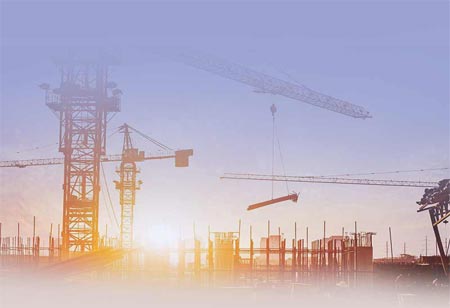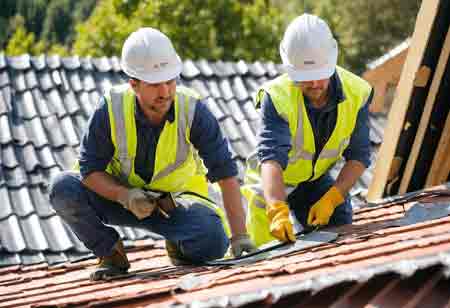Thank you for Subscribing to Construction Business Review Weekly Brief
Specials
- Apartment and Condominium Contractors Canada
- Decking Canada
- Architectural Glass Europe
- MEP APAC
- Construction Saudi Arabia
- German Apartment and Condominium Contractors
- Construction Law APAC
- Outdoor Construction
- Foundation Construction Canada
- MEP Canada
- Kitchen and Bath
- Cold Storage Construction APAC
- Precast Concrete Europe
- Construction Staffing Europe
- Pre-Construction Services
- Flooring System APAC
- Scaffolding Canada
- Swimming Pool Construction Canada
- Construction Management Canada
- Cold Storage Construction Canada
- Flooring Systems Europe
- Residential Construction
- Concrete Canada
- Construction Cladding Europe
- Construction Cladding APAC
- Concretes, Aggregates and Construction Materials APAC
- Concretes, Aggregates and Construction Materials Europe
- Commercial Contractors Europe
- Commercial Contractors APAC
- Dummy
- Construction Insulation, Coating and Waterproofing
- Construction Management APAC
- Landscaping Canada
- Construction Coating Europe
- Construction Tech Startups Europe
- Insulation Services Europe
- Mechanical Contractor Canada
- Mould Remediation and Testing Europe
- Swimming Pool Construction APAC
- Building Sealing Solutions Europe
- Construction Engineering Services
- Mechanical Electrical and Plumbing
- Roofing Systems Europe
- Architectural Glass APAC
- Startups APAC
- Construction Forensic and Owners Representative
- Flooring System
- Waterproofing APAC
- Wall Systems
- Safety and Compliance Europe
- Construction Bidding and Auctions
- Modular and Prefab Construction
- Architectural Glass
- Construction MENA
- Construction Demolition and Recycling Europe
- Modular Construction Europe
- Construction Interiors
- Steel Building APAC
- HVAC
- Doors and windows
- Construction Latam
- Building Information Modeling APAC
- Sustainable Construction APAC
- Building Restoration and Maintenance
- Commercial Contractors
- Specialty Construction
- Construction Engineering Canada
- Construction Engineering MENA
- Modular Construction Canada
- Modular Construction APAC
- Roofing and Siding Systems
- Workforce Management and Staffing
- Roofing Systems APAC
- Construction Consulting
- Steel Building Europe
- Construction Demolition and Recycling APAC
- Safety and Compliance APAC
- Concretes, Aggregates and Construction Materials
- Construction Cladding
What are the Benefits of a Good Quality Building Insulation?
Quality building insulation minimizes energy consumption, which lessens your building's environmental impact. When you consume less energy, you minimize the amount of carbon dioxide released into the environment.

By
Construction Business Review | Monday, September 23, 2024
Stay ahead of the industry with exclusive feature stories on the top companies, expert insights and the latest news delivered straight to your inbox. Subscribe today.
Quality building insulation minimizes energy consumption, which lessens your building's environmental impact. When you consume less energy, you minimize the amount of carbon dioxide released into the environment. This reduces the environmental impact of these emissions, fostering a more sustainable future.
Fremont, CA: Building insulation is an excellent approach to limiting thermal energy transfer via walls. It keeps heat in or out of a structure, making it as pleasant as possible for the inhabitants. This highlights the need to invest in high-quality building insulation.
A high-quality, correctly planned, and implemented building insulation system has various advantages, including:
Reduces Energy Costs
Good building insulation reduces heat loss or gains in your property, lowering energy expenditures. For example, in the winter, adequate building insulation maintains heat inside while preventing cold air from entering. This reduces the effort your heating system requires to keep you warm, resulting in considerable energy savings.
The same is valid for summertime. Insulation keeps hot air out, allowing your cooling system to work less hard to maintain a comfortable temperature. If your energy bill is consistently high, invest in excellent loft insulation to lower it and save money in the long term.
Increases Comfort
A properly insulated structure minimizes heat flow, allowing residents to stay cool in the summer and warm in the winter. Insulation is a barrier between you and the outside world, producing an optimal atmosphere for staying inside.





